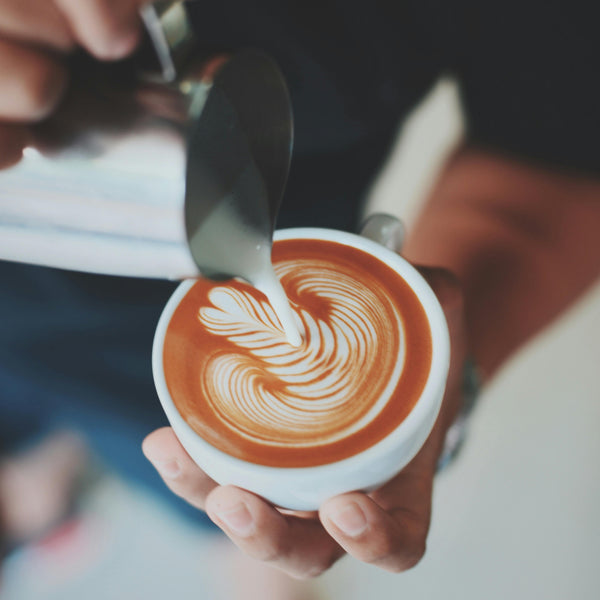Forewarning: toilet content below... (why? Well, when asked about the science into what we consume, there's usually some bathroom chat to follow, it's all informative, we promise!).
Is there a better way to start your day than with a cup of coffee? If there is, we don’t know it. Your morning brew is fresh, invigorating and delightfully delicious. Little wonder globally, we sip through 1.6 billion cups every single day. But, if you’ve ever needed the bathroom after only your second cup, a co-worker or friend might have blamed the coffee.
Here’s the rumour: coffee is dehydrating.
Given medical advice stressing the importance of hydration – six to eight glasses of water per day – you might think it wouldn't count towards your daily fluid intake. Even worse, it might be drying you out.
But is the claim valid? Do you need to worry about dehydration, or is this all a storm in a coffee cup?
Caffeine: The dehydration molecule?
In every coffee bean, there’s a not-so-secret ingredient: caffeine. It’s responsible for that morning oomph that keeps you focused throughout the day. However, this magic molecule is a double-edged sword.
It’s also a diuretic.
That’s the fancy medical word for needing the toilet a lot. By triggering sodium expulsion in the kidneys, water is drawn out of the body and into your urine. It flows down the thin tube from the kidney to the bladder. The more the bladder fills, the more you need to go.
Except: there’s a competing theory. The buzz you get from caffeine is caused by the blockage of adenosine receptors. The sleep molecule: adenosine is a neurotransmitter responsible for sleep pressure. The more adenosine, the sleepier you feel. When caffeine blocks adenosine, it keeps you awake. But it also affects adenosine’s other function: helping control the delicate sodium and fluid balance. A little disruption, no problem; a lot, and you’ll be searching for the bathroom.
Coffee and dehydration: The science
So, coffee is dehydrating?
Science is never that simple. Caffeine’s effect is complicated by body fluid balance. For caffeine to be dehydrating, it needs to make you urinate more than the volume of fluid you drank. If not, then it isn’t dehydrating. Drinking fluids – i.e., coffee – will also alter your body fluid balance, naturally filling up your bladder. Drinking a gallon of water is likely to cause a trip to the toilet: that doesn’t mean water is dehydrating.
Does coffee count to your fluid intake, then?
Yes! In one study, fifty healthy coffee drinkers were split into two trials lasting three days. During each trial, participants drank three and a half cups of coffee or water per day. Then, researchers took blood and urine samples back to the lab. The results: there were “no significant differences” in hydration.
Others have had similar findings. A review of ten studies by Lawrence Armstrong at the University of Connecticut confirmed that caffeine is a mild diuretic. However, irrespective of whether the water given contained caffeine, people urinated about the same volume.
But they were only using caffeinated water. What happens with real coffee? Is there another chemical in coffee that’s dehydrating us?
Well, in one study, urination increased by 41%, alongside a rise in sodium and potassium excretion. Participants previously didn’t drink coffee; therefore, the research is inapplicable to people habituated to the drink. Moreover, another similar study didn’t uncover any hydration differences.
To solve this baffling mystery, researchers from Birmingham University in the UK measured urine volume and kidney function in men drinking four cups of coffee per day. Once again, no dehydration effects were found.
Why do we think coffee is dehydrating?
Ever heard the phrase: a lie goes halfway around the world before the truth has a chance to get its pants on. Well, back in 1928, researchers measured the urination rates of three men over two winters. The men drank everything from tea or coffee to water laced with caffeine. It’s hard to conclude anything from just three people. Nor can you deduce much from such a random array of drinks. It’s bad science!
Nevertheless, the researchers concluded that caffeine increases urination by 50%, except - here’s the crucial bit - when users drank coffee regularly. That’s the info everyone leaves out. In regular coffee drinkers, the body adjusts to the higher daily dose of caffeine. Once a few cups led to dry mouth, thirst, cool skin, headache, muscle cramps, and all the other dehydration signs. But after a few weeks, you don’t notice the effects. It’s called tolerance.
How much coffee can you drink?
If you go beyond your usual amount – or drink a cup of coffee with a potent caffeine hit – you’ll likely trigger diuresis and find yourself rushing off to the bathroom. So, go easy on the espressos.
Brewed coffee also has a larger caffeine dose, depending on the bean. Luckily, a cup of brew is worth three cups of bland instant coffee - in taste at least. If you’re keeping your caffeine content to a cup of two a day, do your taste buds a favour: convert to a proper rich roasted coffee. Life is for savouring.
Here at Presto, we’ve searched the globe for the best beans from growers with a passion for great coffee. Then, we ship them back to the UK and roast them in small batches. That way, you can savour the flavour.
Like the convenience of instant coffee on a dark and dingy morning? Try our brand-new coffee bags for a quick brew coffee on the go.
Now you know coffee isn’t causing dehydration, sign up for our subscription and enjoy 15% off freshly roasted delicious coffee whenever you want. Pick your favourite blend, set the delivery date, and you’re set.
In short
The magic molecule in coffee – caffeine – is believed to be a diuretic: It causes an increase in toilet usage. However, in regular coffee drinkers, it has little effect on increasing your need to pee. Coffee is still a fluid and, therefore, can contribute to your daily fluid intake. But if you drink too much coffee, there is some evidence to suggest that it can lead to mild dehydration. The bottom line: you don’t have to abstain from your morning brew; drink coffee in moderation.
(Oh, and don’t blow your daily cup on instant coffee, buy Presto).
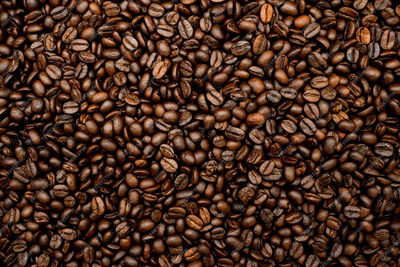
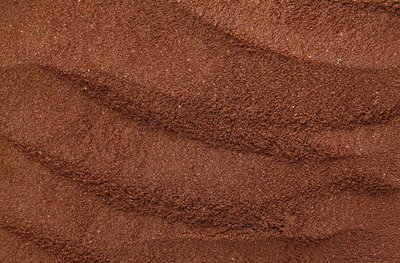
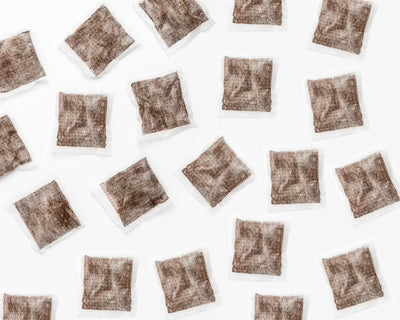
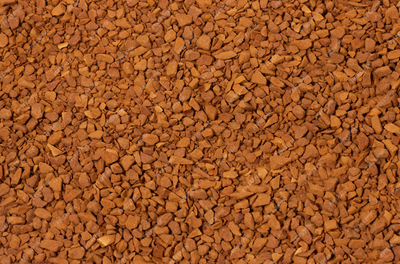
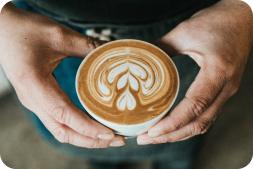

 Log in
Log in

